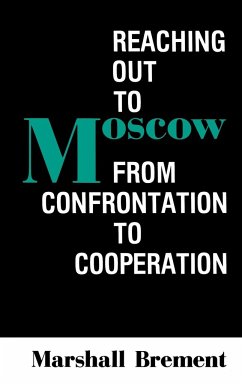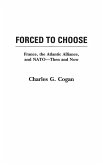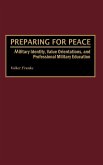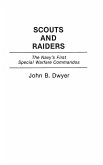Developments in the Soviet Union necessitate a radical restructuring of U.S.-Soviet relations and the security system that underpins them. Marshall Brement succinctly and masterfully chronicles the history of this relationship and offers a prescription for change in this important book. The United States can influence the power struggle within the USSR by holding out the prospect of going beyond the wary cooperation that our government espouses, to a relationship that embodies comprehensive partnership. It is only through such a relationship that we can achieve a genuine new world order guaranteeing security for decades to come and at the same time sloughing off the burden of excessive defense costs that this nation can no longer afford. The new grand strategy outlined here would demand much of the Soviets, but also offers much. It has a nuclear component, a conventional arms component, an economic component, a Third World component, and a Western Europe component. It sets out clear benchmarks and a method for moving ahead. Past Soviet and American security policies are so interrelated that they must be changed together, not separately or in sequence. To accomplish this change, the fear doctrine of nuclear deterrence that underlies our entire defense philosophy must be abandoned. The sophistication and power of modern conventional weapons makes it possible for both sides to reduce, even eliminate, nuclear weapons. While establishing a program to eliminate nuclear weapons, we must concurrently lay down benchmarks as to what exactly will be required from both Moscow and Washington to make such a transformation possible, restructure our armed forces to make them less threatening to each other, and engage in a broad-ranging program of economic investment and cooperation in solving critical global problems. These proposals are radical, even visionary. Nevertheless, only through a comprehensive program can a fundamentally different U.S.-Soviet relationship be achieved. This book is addressed not only to the specialist in Soviet and security affairs, but also to a general audience of informed citizens.
Hinweis: Dieser Artikel kann nur an eine deutsche Lieferadresse ausgeliefert werden.
Hinweis: Dieser Artikel kann nur an eine deutsche Lieferadresse ausgeliefert werden.








